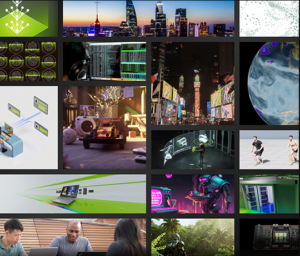Artificial Intelligence (AI) is revolutionizing the healthcare industry by enhancing diagnostic accuracy, personalizing treatment plans, and streamlining administrative processes. By leveraging advanced algorithms and vast amounts of data, AI technologies can predict patient outcomes, identify potential health risks, and provide real-time assistance to medical professionals. This transformative power of AI is not only improving patient care but also significantly reducing costs and increasing efficiency within healthcare systems, paving the way for a more effective and accessible future in medicine.
Diagnostic Imaging Analysis
Problem: Analyzing medical images such as X-rays, MRIs, and CT scans is time-consuming and prone to human error.
Solution: AI algorithms can assist radiologists by quickly analyzing medical images and identifying abnormalities with high accuracy. This helps in early detection of diseases such as cancer, improving patient outcomes.
Benefits:
- Faster and more accurate diagnosis
- Reduced workload for radiologists
- Early detection of diseases
Personalized Medicine
Problem: Traditional treatment plans are often based on a one-size-fits-all approach, which may not be effective for all patients.
Solution: AI can analyze genetic information, medical history, and other patient data to develop personalized treatment plans. This approach ensures that each patient receives the most effective treatment based on their unique characteristics.
Benefits:
- Improved treatment outcomes
- Reduced side effects
- Enhanced patient satisfaction
Predictive Analytics for Patient Care
- Early intervention for at-risk patients
- Improved patient outcomes
- Enhanced efficiency in healthcare delivery
AI-powered Virtual Health Assistants
- Improved patient engagement and adherence to treatment plans
- Reduced burden on healthcare providers
- Enhanced accessibility to healthcare information





